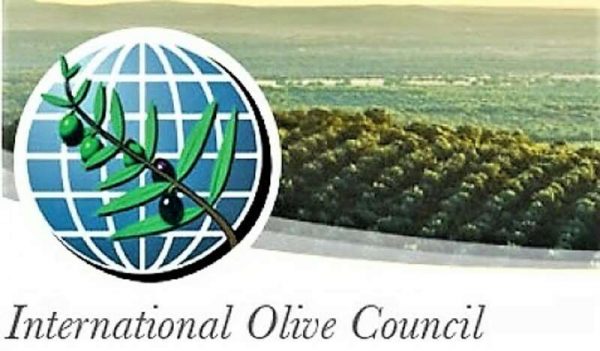Mauritania is seeking to become the nineteenth member of the International Olive Council (IOC). Executive Director Abdellatif Ghedira met with the country’s minister of rural development, Dy Ould Zein, in the Mauritanian capital of Nouakchott to facilitate the country’s accession to the intergovernmental organization.
Executive Director Abdellatif Ghedira met with the country’s minister of rural development, Dy Ould Zein, in the Mauritanian capital of Nouakchott last month to facilitate the country’s accession to the intergovernmental organization.
The two also discussed plans to increase olive and olive oil production in Mauritania, promote olive oil consumption among the local population and ensure quality control measures. the ministry of agriculture, observed that olive cultivation in the West African nation is currently negligible, with no significant olive or olive oil production taking place in recent years.
Value of olive oil imports
However, Maurtianians’ taste for olive oil has been growing rapidly in the past decade. According to the Observatory for Economic Complexity, between 2013 and 2018 (the last year for which data are available), the value of olive oil imports to Mauritania nearly doubled, rising from $370,000 to $720,000.
Along with Ghedira, the head of the IOC’s technology and environment unit, Abdelkrim Adi, also visited Mauritania to begin a preliminary study into which olive varieties would grow best in the country’s climate.
The vast majority of Mauritania is covered by the Sahara Desert and Sahel, semi-arid grasslands. However, the country also has a 750-kilometer coastline on the Atlantic Ocean. In this thin coastal strip, trade winds coming from the north bring humid air and create a temperate climate. As a result, most of the country’s agricultural production takes place in this coastal zone. Among the most popular tree crops in Mauritania are dates, which tend to thrive in areas well-suited to olive growing.
Since a 2008 coup, Mauritania remains among the world’s most dangerous countries and visiting the country is considered unsafe for Westerners. According to the U.S. Department of State, human rights abuses in the country include mistreatment of detainees, arbitrary arrests, limits on freedom of the press and assembly, slavery and child labor, among others.










[…] Source link […]
Comments are closed.